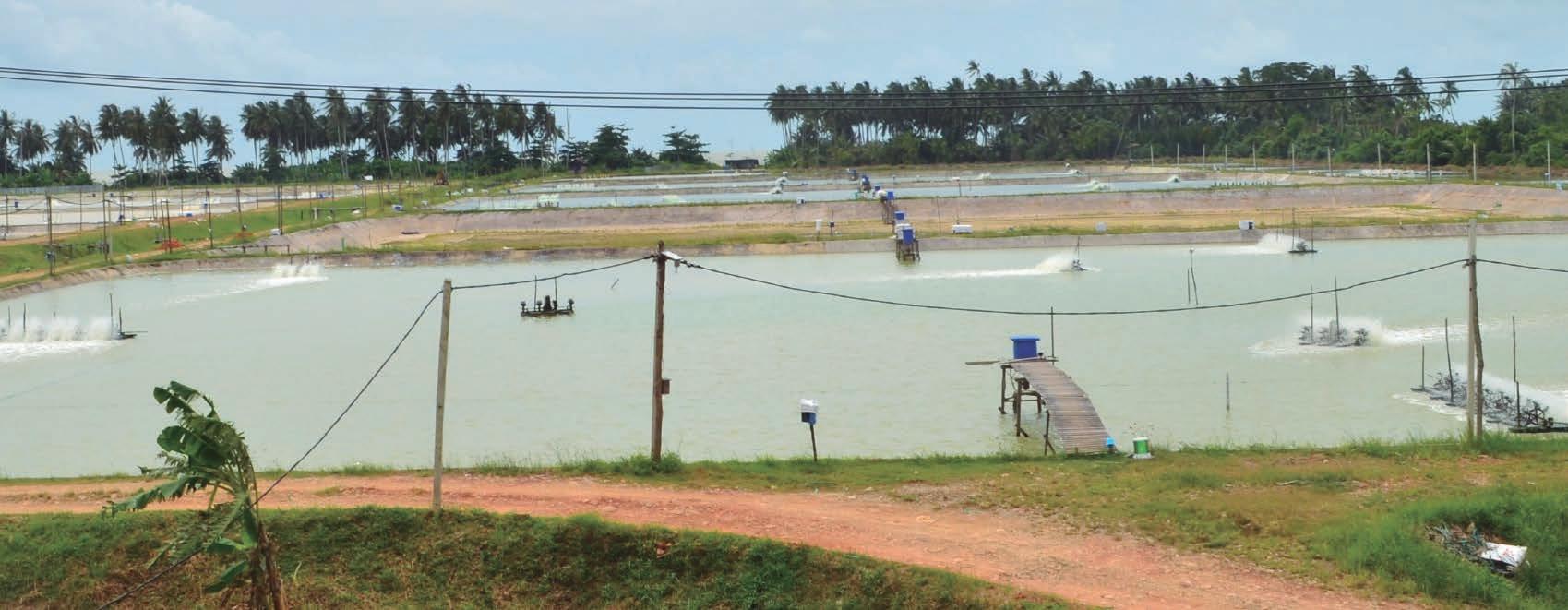OFFSHORE AQUACULTURE
Science-deniers and the
global ecological crisis By Neil Anthony Sims*
There is a global ecological crisis, driven by humanity’s ongoing heedlessness that needs collective, concerted engagement, if we are to avoid the planetary-scale consequences. The United Nations has convened panels of expert scientists to plot a path forward, out of the quagmire, and their conclusions are unequivocal: we need significant changes in policy, supported by radical reinvention of how we do business, and we need all of this to happen quickly.
Y
et in the face of this imperative, there are powerful, vocal groups who continue to rail against the expert-recommended innovations and policy changes. These groups willfully choose to ignore the science, and instead bleat platitudes and promote patent falsehoods, muddying the issues and fostering fear mongering. The consequences of such denial of the science are very real, and will be manifested in ongoing human health costs, and an altogether avoidable ecological catastrophe. We bring this on our own heads – or rather, it is brought upon us by those who continue to deny the preponderance of scientific evidence. This all sounds too familiar: the onslaught of obfuscation from the global climate deniers, right? Yes, but we aren’t just talking about fossil
62 »
fuels and carbon. This scenario also describes the global seafood crisis, the ocean’s potential to mitigate climate change impacts, and the resistance to policy change from the anti-aquaculture advocates. There are now compelling conclusions, from global leaders in their respective fields of study, that urge a transition from our reliance on terrestrial agriculture to more marine based food production. It is clear: we need more marine aquaculture! There is also now abundant research that demonstrates that in deep water, further from shore, the environmental impacts from responsibly farmed fish are minimal, if detectible at all. Yet, still, the anti-aquaculture activists persist; their heated handwringing, inflammatory innuendoes and flatout falsehoods pile up like bloated carcasses on a beach. No less an august body than the
United Nations High Level Panel on Climate and Oceans has delivered a report entitled “The Ocean as a Solution to Climate Change”, which makes five recommendations, or “Opportunities for Action”. Of these five, the opportunity for “Fisheries, Aquaculture, and Dietary Shifts” argues that we must “Shift (human) diets toward low carbon marine sources such as sustainably harvested fish, seaweed, and kelp as a replacement for emissions from intensive land-based sources of protein.” (Back when I was in school, kelp was a seaweed, but never mind … we will forgive them that redundancy). The UN HLP report also establishes medium-term goals, (i.e. a target date of implementation by 2025), of creating “incentives to switch from high-carbon land-based sources of protein to low-carbon APRIL - MAY 2020







